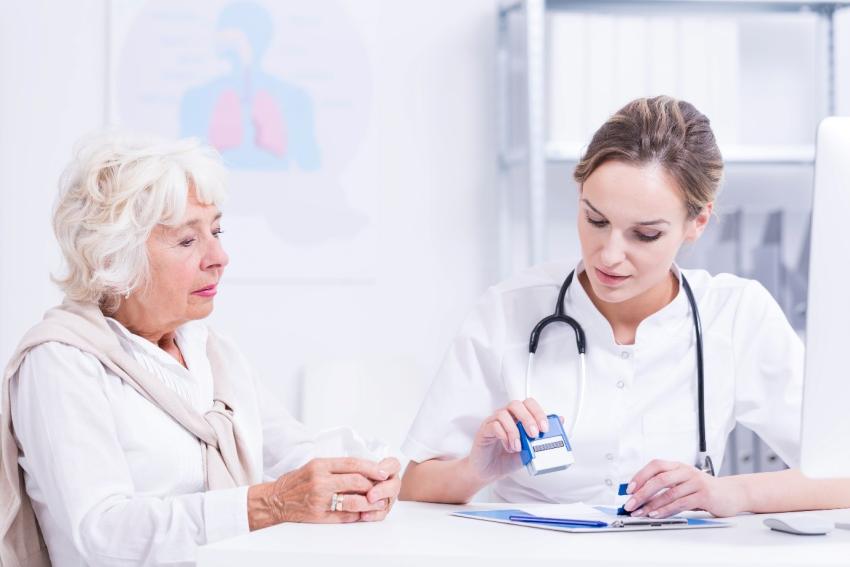The translation of drug leaflets

With globalisation, more and more pharmaceutical companies have started to expand their international presence. One of the main challenges for this is the language barrier.
Due to the informative function of package leaflets, it is crucial to translate them into the official language of the country where they are supposed to be marketed.
Package leaflets are technical documents which, when translated, must accurately represent the original content. Therefore, it is essential to have a good translation professional, since translations of this kind have a direct impact on people's health.
1. What is the translation process for package leaflets?
Pharmaceutical companies and research laboratories must draw up the package leaflets for their medical products complying with national medical regulatory agencies of the specific country.
In this context, and with the objectives of facilitating and improving translations, a routine for the submission and approval of package leaflets has been developed. The following information must be submitted according to EU regulations, in order to get the marketing authorisation for a patient information leaflet of a medicinal product:
- Active substance
- Applicant’s name
- Name of medical product
- MR/DC procedure no.
- Application date
- End date of procedure
- National procedure no.
- Information on withdrawal (if applicable)
- Duplicates or associated authorisations associated with these procedures.
After submitting this documentation, the national medical regulatory agencies will review and approve or not approve the application.
The translation of patient information leaflets is characterised by simple grammar, with simple syntax, but it includes technical terminology, which requires knowledge and preparation of a professional translator specialised in medical and pharmaceutical translation.
The importance of choosing a specialised translator for your package leaflet translations
Any type of document requires rigorous and meticulous translation, but when it comes to pharmaceutical translation (and therefore the translation of package leaflets), the error tolerance is practically zero.
Within the pharma industry, professional medical translation is more important than ever. In a globalised world where pharmaceutical companies are increasingly outsourcing, and marketing their products internationally, a small translation error, such as drug dosage, can have serious consequences.
Thus, it is extremely important for pharmaceutical companies to count on professional translators who are specialised in the field of medical translation.
A translation by a professional and qualified translator is often a mandatory requirement.
Translation in the medical field includes many technical terms that are unknown to the average mortal. The general public is often not familiar with specific medical terminology.
In a field with such an impact on people’s health, translation errors must be avoided by using professional translators with extensive knowledge of both, medical terminology and the source/target language.



Add new comment